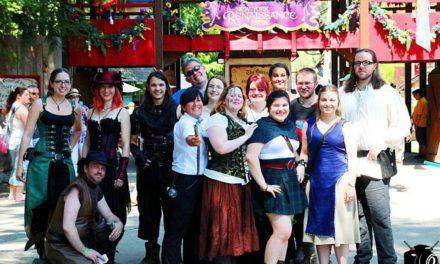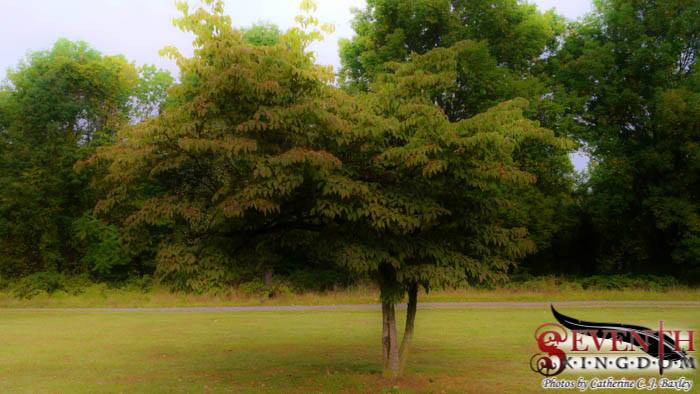A game design document is a written way to expresses your vision, describes the content in a your game or experience, and provides enough information to help a prospective player decide whether it’s a good fit for them.
When I started designing convention larps about five years ago, I needed some encouragement. A few women in game design had to give me a pep talk which mainly consisted of things like “you’re designing games? Congrats, you’re a game designer.” After that, there was no turning back.
Over the years, I’ve developed my own processes and habits to expedite the larp design process. That’s important for two reasons:
- Game design doesn’t produce as much money as some of the other things I do, but I depend on compensation from designing and running them, so I need to be efficient with my time.
- Having a system allows me to focus on creativity and idea generation, and to personalize the larps for my players.
I found that there wasn’t really a formal guide or document for creating a design document, or the elements it should include, though I knew some larp studios were producing stellar, helpful content.
Having now designed about ten larps, I thought it was time for that to change. At Larp Mentor, I notice that most new designers have solid ideas about what they want to do, but they aren’t sure how to turn that into a document.
I recommend starting with an idea generation session, then walking through the design document creation process using this resource I’ve created. (You’ll need it to follow along with the below video.)
From there, go ahead and create a player guide using the steps I detail at the end of the video (add specific information like rules, event information, and more examples as links from your design document).
Your design document expresses your vision, informs participants about the content you’re aiming to run, and helps them decide if your larp is right for them. It’s a solid foundation for a thorough player guide as well.
While I’ve structured this around larp design, it is useful for tabletop game designers and board game designers, too, as long as your game has a story component to it.
If you find this resource helpful, please consider buying me a coffee. I want to keep producing resources for the community, and donations provide funding and encouragement to make that happen. Thank you!





